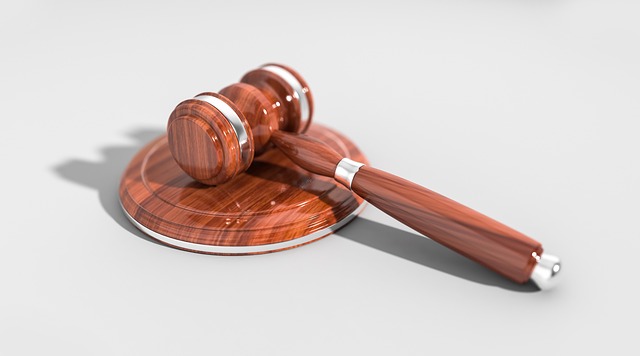Individuals facing limb loss due to accidents should consult an experienced amputation injury attorney for specialized legal expertise. These professionals navigate complex personal injury, medical malpractice, and product liability claims, focusing on physical and emotional trauma. Before meeting, prepare a list of questions about the attorney's experience, investigation methods, success rate, and understanding of legal options. After an initial consultation, next steps include reviewing paperwork, gathering evidence, assessing case strength, and determining the best legal course of action. Open communication is key to effectively navigating the legal landscape.
Looking for guidance after an amputation injury? Meeting with a dedicated amputation injury attorney is a crucial step. This article equips you with everything you need to know, from understanding the complexities of amputation cases to preparing for your initial consultation. We’ll walk you through essential questions to ask and post-meeting steps to navigate the legal process effectively. Empower yourself with knowledge and find the justice you deserve.
- Understanding Amputation Injury Cases: What You Should Know
- Preparing for Your Meeting: Essential Questions to Ask
- Post-Meeting Steps: Navigating the Legal Process After an Initial Consultation
Understanding Amputation Injury Cases: What You Should Know

Amputation injury cases are complex legal matters that demand specialized knowledge and expertise. When consulting with an amputation injury attorney, individuals involved in accidents resulting in limb loss can expect a thorough understanding of their rights and options. These attorneys are well-versed in navigating the legal complexities surrounding such incidents, including personal injury claims, medical malpractice, or even product liability cases.
Knowing that these cases often involve significant physical and emotional trauma, leading to serious injuries and life-altering changes, an experienced amputation injury attorney will advocate for fair compensation and justice. They will review the specifics of your case, including any breaches of fiduciary duty, whether from medical professionals or other entities, and help you understand the potential financial support available to aid in your recovery, rehabilitation, and adjustment to a new reality post-amputation.
Preparing for Your Meeting: Essential Questions to Ask

Before meeting with an amputation injury attorney, it’s crucial to prepare a list of questions that will help guide your discussion and ensure you gain valuable insights. First, understand the extent of your injuries and their impact on your daily life; this includes any physical limitations and the need for medical care or rehabilitation. Documenting these details clearly will assist your lawyer in evaluating your case effectively.
Next, inquire about the attorney’s experience in handling similar cases, specifically focusing on amputation injury claims. Ask how they approach investigating such cases, what steps they take to build a strong case, and their success rate. Additionally, discuss the legal options available to you, including compensation for medical bills, rehabilitation costs, and pain and suffering. Prepare to share relevant details about the incident that led to your injuries, whether it’s a car accident injury, medical malpractice, or another type of mishap, as this context is vital for building a compelling case strategy.
Post-Meeting Steps: Navigating the Legal Process After an Initial Consultation

After an initial consultation with an amputation injury attorney, it’s crucial to understand the next steps in navigating the legal process. The first post-meeting step is to review and sign any necessary paperwork or agreements outlined by your attorney. This ensures a clear understanding of the terms and conditions of your representation.
Subsequently, your attorney will begin gathering evidence relevant to your case, which may include medical records, police reports, and expert opinions. They’ll also assess the strength of your case and determine the best course of action, whether it’s negotiating a settlement or proceeding to trial. It’s essential to maintain open communication with your lawyer throughout this process, ensuring any concerns or questions are promptly addressed in this complex legal landscape.
When meeting with an amputation injury attorney, it’s crucial to prepare thoughtfully and ask insightful questions. This initial consultation is a critical step in navigating the legal process, ensuring you understand your case’s potential outcomes and the next steps forward. By leveraging their expertise and experience, you can gain confidence in pursuing justice for your amputation injury and its life-changing impacts. Remember, an informed decision starts with a comprehensive meeting that equips you to advocate for your rights as you heal and recover.






